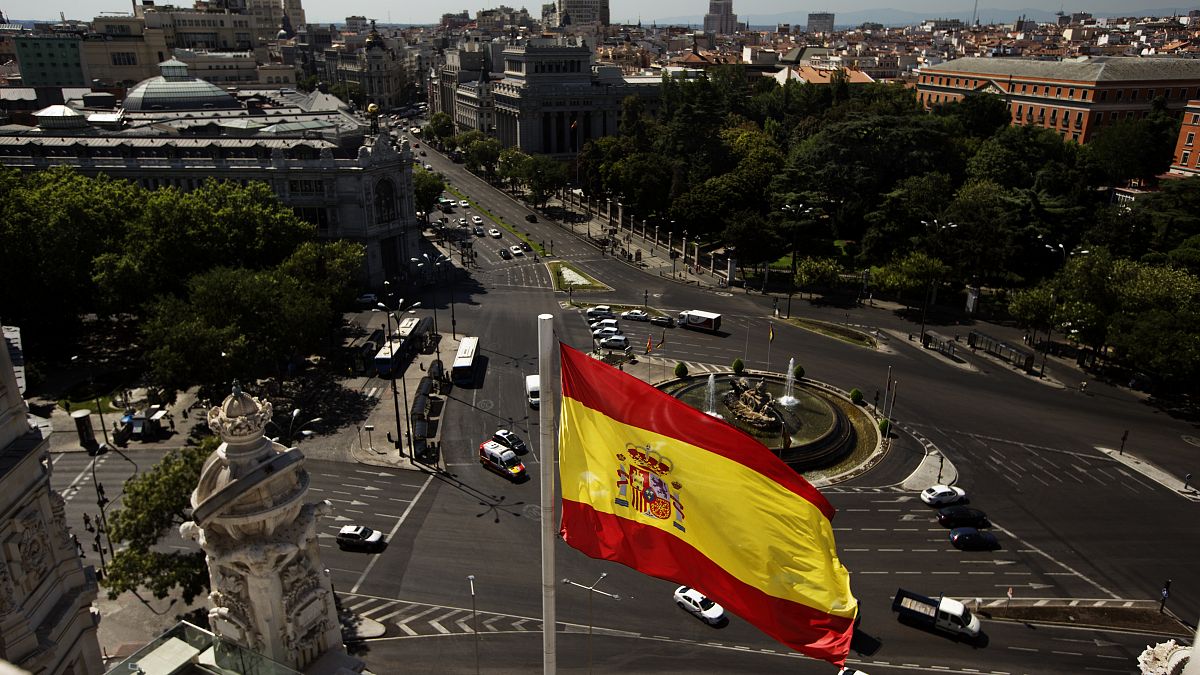Spain's Gross domestic product (GDP), the measure of value created through the production of goods and services, expanded 0.6% in the fourth quarter of 2023 from the previous quarter.
According to final data released on Tuesday by the National Statistics Institute (INE), Spain's fourth-quarter economic output grew 2.0% compared with the same quarter a year ago, while annual growth was 1.9% in the third quarter.
The latest data from INE confirms a preliminary report released in January.
"We'd previously seen signs that growth was picking up as several soft indicators (such as business sentiment) improved toward the end of 2023 – but this growth far exceeds expectations. GDP came in much higher than market expectations of 0.2% QoQ," analysts at ING noted after the preliminary report.
ING also highlighted that the GDP report was positive across the board.
"After significant growth in the third quarter, which returned household consumption to pre-pandemic levels, it continues to fuel economic growth in the fourth quarter. With inflation lower than wage growth, real purchasing power is increasing again, boosting consumption."
What's behind Spain's economic boost?
Spain's investment component also grew in the fourth quarter of last year, despite the headwinds from higher interest rates.
Meanwhile, investment in greening and digitalisation - and the continued rollout of NGEU funds - also continue to support business investment in Spain.
Moreover, ING highlighted particularly strong growth in housing demand, which has boosted residential investment.
"Strong housing demand growth continues to outpace housing supply growth. Finally, government spending also increased and the net trade position improved. Looking at the details by sector, interest rate sensitive sectors such as manufacturing and construction grew strongly in the fourth quarter, against expectations," ING analysts added.
How is Spain outperforming its European peers?
ING said in a note that Spain is outperforming its European peers, like Germany, as Germany's economy, for example, is more dependent on manufacturing and more affected by the global economic slowdown.
However, stronger economic momentum in Spain could fuel inflation in the country and prevent Spanish inflation from falling back to the 2% target this year.
In February, however, inflation fell to 2.8% from 3.4% in January. The HICP also fell to 2.9% from 3.5% the previous month.
"The decline was mainly caused by a cooling of electricity prices and a stabilisation of food inflation after sharp price increases in February last year. Still, higher fuel prices did exert some upward pressure on the headline inflation rate.
"Core inflation, excluding food and energy, also fell to 3.4% from 3.6% in January. The further decline in Spanish core inflation in February is good news for the ECB as it shows that underlying price pressures continued to ease in February," ING also noted at the end of last month.



